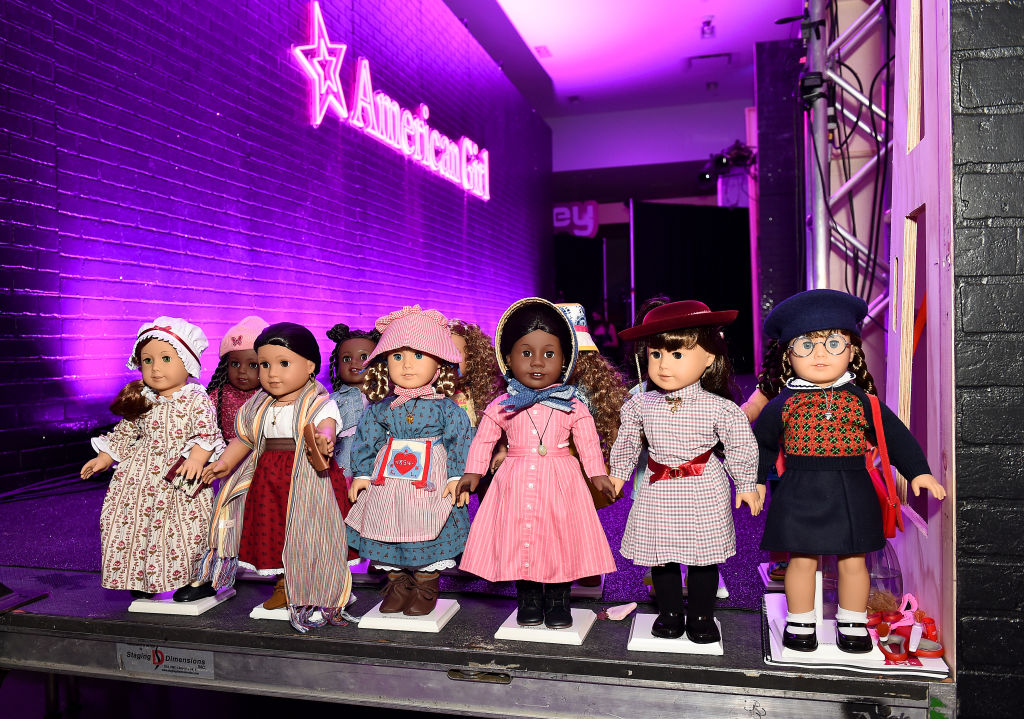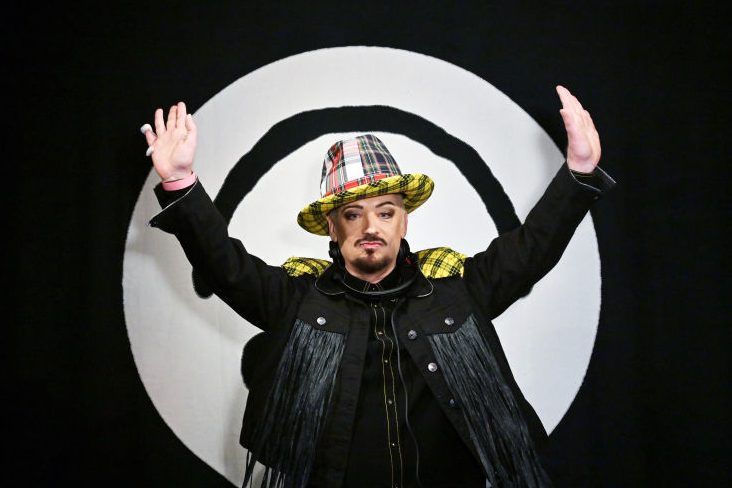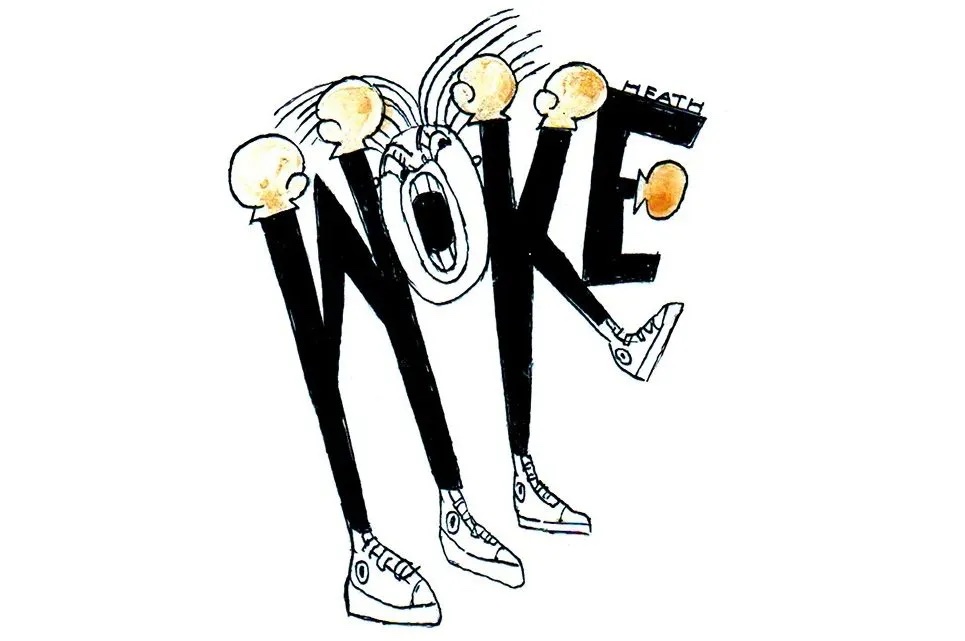For years, the iconic American Girl franchise created a series of dolls whose clothes, accessories, and stories taught young girls about our nation’s history. The brand was acquired by Mattel (the same people who make Barbie) in 1998. Now, American Girl is creating fun learning opportunities for children about how to access puberty blockers if they don’t trust their parents.
The Federalist notes that American Girl’s “politicized product lines began long before its latest gender-bending book,” as the company, in the face of plummeting sales, has attempted to ride the progressive tide. Many companies have done so, but the American Girl brand’s woke transition is particularly egregious. It goes beyond left-wing messaging (as DC Comics did with its new woke Superman), and evilly advocates for children to seek medical treatment. It also marks the dramatic downfall of a hallowed company that families once trusted.
The contents of A Smart Girl’s Guide: Body Image, recently published under the American Girl brand, are coming to light — just in time, blessedly, for parents not to buy the book for Christmas. The Daily Mail reports that a passage in the book instructs children, “If you haven’t gone through puberty yet, the doctor might offer medicine to delay your body’s changes, giving you more time to think about your gender identity.”
The Mail also reports that the book “provides a list of resources for organizations the children can turn to ‘if you don’t have an adult you trust.’”
The Smart Girl’s Guide is essentially a woke handbook for kids, relaying progressive talking points about gender identity (I couldn’t help but read it in Dylan Mulvaney’s voice). There are drawings of diversity, too, with one depicting a girl with a buzzed haircut dancing with newfound “gender joy.” The book encourages kids to experiment with their “gender expression” and explains to them what being nonbinary and transgender means, as well as how to use pronouns. There is even a helpful phonics lesson on how to pronounce cisgender: “Say it sis-jen-der.”
Now, maybe I didn’t attend the most prestigious elementary school, but when I was ten, I was still trying to figure out what a pronoun was, let alone how to switch them up in conversation like a grammar ninja. Boys still had cooties and we all felt awkward the day they went to one room and the girls stayed put to learn about “our changing bodies.”
Most kids, I’d wager, left to their own innocent devices, are the same now as we were a couple dozen years ago. They’d rather play with American Girl dolls like the aristocratic Samantha Parkington from 1904 and Kirsten Larson, a Swedish immigrant from 1845. Sure, puberty is a tough time, and some kids struggle a great deal. But chances are that without such extreme content at their fingertips, it would never occur to a girl to ask her doctor for some pills to delay her body’s changes so she can have more time to “think about her gender identity.”
For the Smart Girl’s Guide author to encourage vulnerable children to seek puberty blockers in the same blithe way one might recommend they wash their hands before meals is criminal. Messing with a young body’s normal, natural processes is, to no one’s surprise, not healthy. It’s especially rich that a book written about a “smart girl” “loving herself,” “learning to live comfortably in her own skin” and “staying confident through her body’s many changes,” breezily advocates for the same girl to reject her own skin and irreversibly damage her feminine body.
Studies show that delaying puberty compromises bone density, leading to “brittle bones and faulty joints.” National Library of Medicine research has found that “Delayed puberty may also negatively affect adult psychosocial functioning and educational achievement, and individuals with a history of delayed puberty carry a higher risk for metabolic and cardiovascular disorders.” The St. Louis Children’s Hospital notes there are “other possible long-term side effects that are not yet known.”
Parents are rightly outraged and many have vowed never to support the American Girl brand again, which is a shame. For decades, American Girl has been a go-to tradition for little girls, and the parents, grandparents, godparents, friends, sisters, aunts, etc., who love to spoil them in a wholesome way. Choosing an American Girl doll was something my older sister did and was a milestone I looked forward to as well. I learned from the fictional Samantha Parkington stories that came with my doll about how a girl from the Edwardian era would have lived, and from her period-correct bloomers, darling velvet hat, and dainty shoes, how one would have dressed.
Nowadays, American Girl dolls look more like Mr. Potato Heads cobbled together with mismatched parts. There’s rainbow hair, androgynous crewcuts, and oodles of “Truly Me” dolls that look like replicas of the Kardashians (with slightly less plastic). While I hate to sound like a crank seeking to deny children access to all things modern, it’s getting harder and harder to justify supporting companies that have no qualms about targeting our most precious people. But what choice do we have?

























